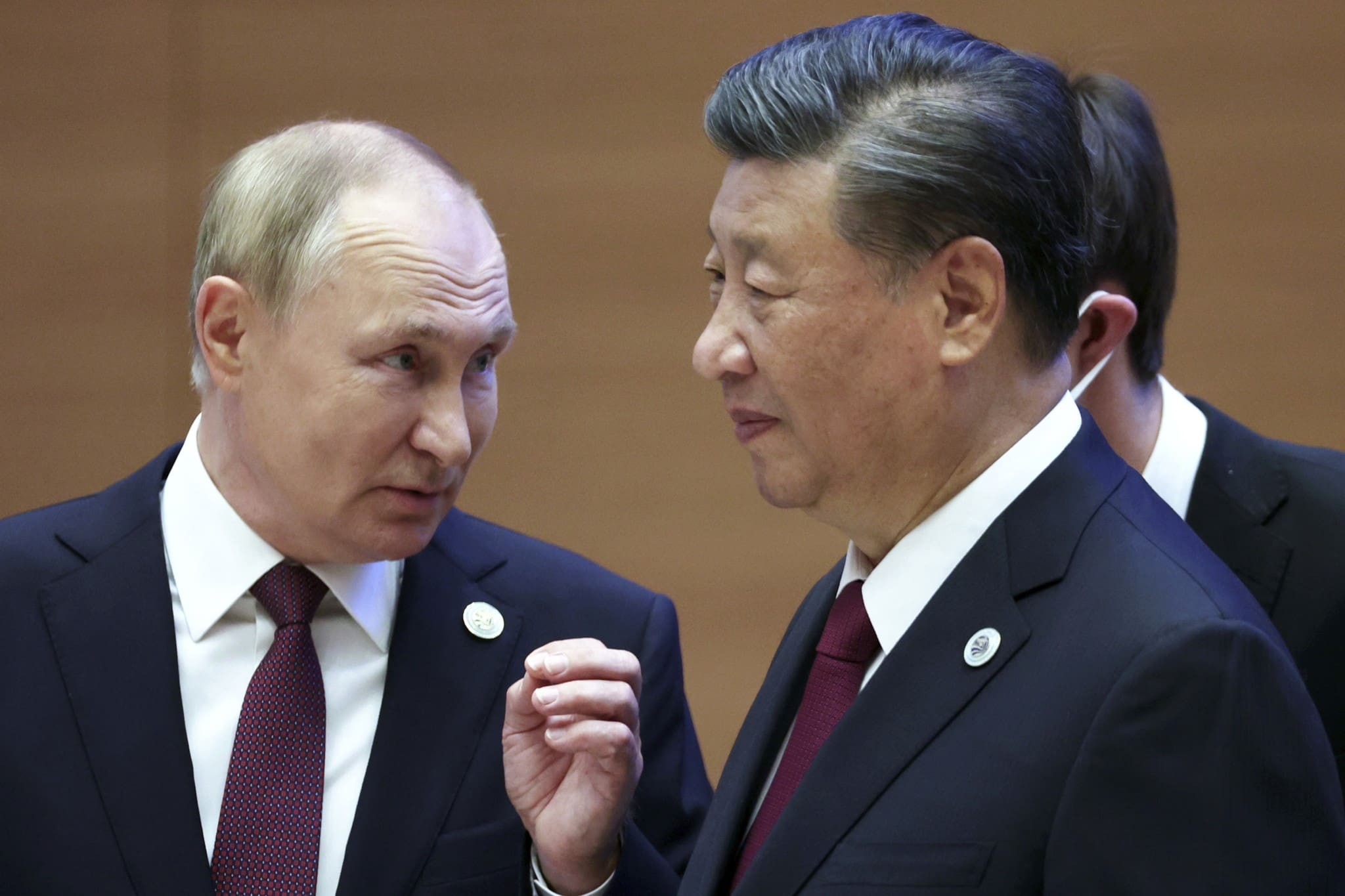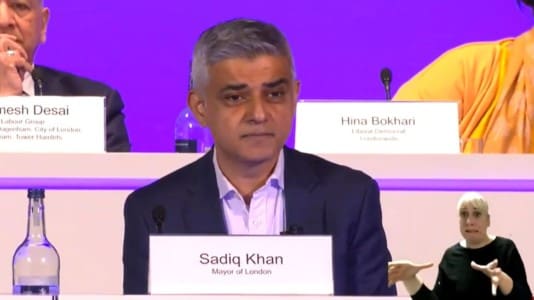Rumors that China could send weapons to Russia have swirled since the start of the conflict in Ukraine, but Western officials have increasingly signaled in recent weeks that Beijing could actually go through with the move. Western leaders are now planning how they will react if China provides lethal aid to Russia.
The topic of Chinese weapons ending up in Russia will reportedly be one of the top agenda points when European Commission President Ursula von der Leyen meets President Joe Biden in Washington. The two are expected to discuss aid to Ukraine, but the issue of China will also be looming large.
The West has long feared that Beijing might supply weapons to Moscow, which could mark a major turning point in the war. Although China has sided with Russia regarding U.N. votes and provided some non-lethal aid, the country has refrained from sending lethal aid up until now.
Although the international community is still waiting to see what Beijing’s next step will be, according to Hungarian news outlet Magyar Nemzet, they are counting on China to support its ally, Moscow, with weapons. Among other things, this week’s meeting between Biden and von der Leyen will address what kind of sanctions the West and Europe would hit China with should Beijing decide to send weapons.
The country that has the most cause for concern about Chinese weapons is Ukraine itself. President Volodymyr Zelensky has warned China against making such a move, saying, “if it allies with Russia, there will be a world war, and China is aware of that.”
Last Thursday, top diplomats from Ukraine, the U.S., Canada, Poland, Japan, South Korea and the Baltic countries met to discuss how to respond to Beijing’s move if it does deliver weapons. However, a diplomat who requested anonymity warned at the meeting that Brussels cannot act without concrete evidence that China has supplied weapons to the Russians.
“However, if this happens, Beijing will clearly cross the red line,” he added.
So far, no country has any evidence Beijing will move forward with weapons shipments. In an interview the other day, Biden also said that he does not expect China to supply weapons. However, U.S. Secretary of State Antony Blinken warned that Beijing is still standing by Moscow, and John Kirby, the spokesman for the White House’s National Security Council, made a similar warning. According to Kirby, the United States and its Western allies should be ready in case the Chinese leadership decides to supply weapons.
The Chinese Ministry of Foreign Affairs also reacted to the news, criticizing Washington for slandering the country. At the same time, Beijing expressed its displeasure with the United States selling weapons to Taiwan and providing military support to Ukraine.
However, before von der Leyen’s visit to the U.S., she will travel to Canada earlier this week to sit down with Canadian Prime Minister Justin Trudeau. Since the European Union is looking for partners outside the bloc for joint ammunition purchases, her stop in Canada may also be crucial for the war effort. Citing EU officials, Politico reported that Norwegians and Canadians were also interested in the project. So far, however, neither country’s defense ministry has officially confirmed its decision.
Brussels is advocating that the member states of the European Union jointly purchase ammunition to help Ukraine; for this, the EU has already allocated a budget of €1 billion, from which they would buy 155-millimeter shells for the guns handed over to the Ukrainian troops. The project is based on the principle that the more states that join, the greater the financial framework will be, thus allowing them to get ammunition at a more favorable price.
France remains skeptical about buying up ammunition from Canada and Norway, arguing that weapons and ammunition should be purchased from European weapons producers.






